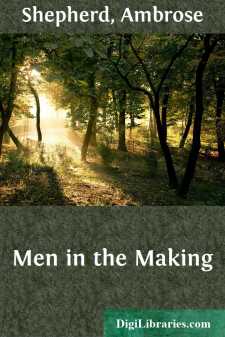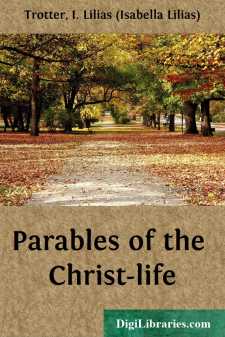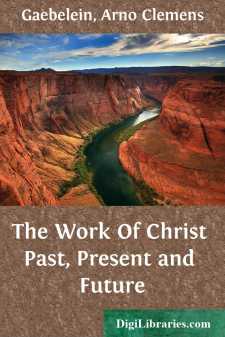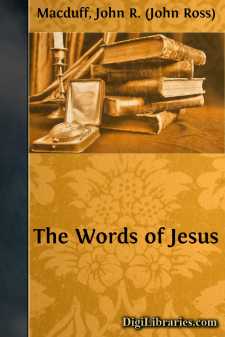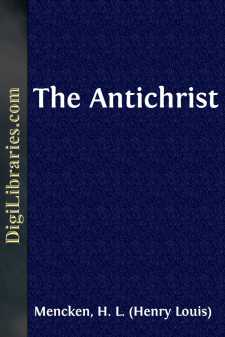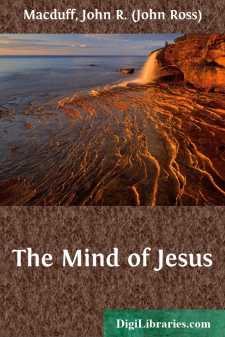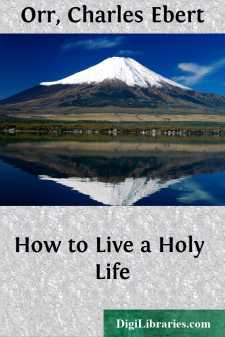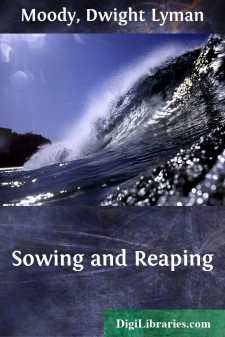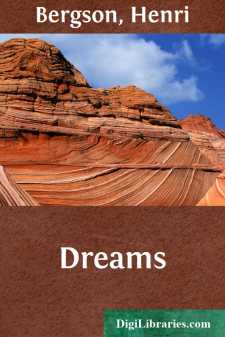Categories
- Antiques & Collectibles 13
- Architecture 36
- Art 48
- Bibles 22
- Biography & Autobiography 813
- Body, Mind & Spirit 142
- Business & Economics 28
- Children's Books 17
- Children's Fiction 14
- Computers 4
- Cooking 94
- Crafts & Hobbies 4
- Drama 346
- Education 46
- Family & Relationships 57
- Fiction 11829
- Games 19
- Gardening 17
- Health & Fitness 34
- History 1377
- House & Home 1
- Humor 147
- Juvenile Fiction 1873
- Juvenile Nonfiction 202
- Language Arts & Disciplines 88
- Law 16
- Literary Collections 686
- Literary Criticism 179
- Mathematics 13
- Medical 41
- Music 40
- Nature 179
- Non-Classifiable 1768
- Performing Arts 7
- Periodicals 1453
- Philosophy 64
- Photography 2
- Poetry 896
- Political Science 203
- Psychology 42
- Reference 154
- Religion 513
- Science 126
- Self-Help 84
- Social Science 81
- Sports & Recreation 34
- Study Aids 3
- Technology & Engineering 59
- Transportation 23
- Travel 463
- True Crime 29
Men in the Making
by: Ambrose Shepherd
Categories:
Description:
Excerpt
YOUTH AND AFTER
"And Terah died in Haran." This bit of prosaic information becomes suggestive by the emphasis of one word: "And Terah died in Haran." This was not his birthplace, but here he ended his days, and that for a reason over which it is worth our while to pause. "And Terah died in Haran." What of that? All people have died somewhere, who have lived and are dead.
When we first meet this man, he was a citizen of no mean city. Ur of the Chaldees was a great and representative centre in its day. Rising sheer from the midst of it, we are told, was an immense tower, or observatory, from the height of which men, reputed wise, watched the movements of the heavenly bodies; and especially the moon, for the moon was worshipped in Ur of the Chaldees as the great tutelary deity of this people. Here it was that Terah lived, at this time an old man, and "to trade," as the Scotch people would say, a maker of images. His craft was in things which symbolized some form of this lunar worship, and which people bought to put in their houses.
Terah had a son called Abram, who, as he came to years of thought, did not fall in very readily with this worship of the moon. He appears to have become very early in life one of an order of doubters to whom the world owes much; to have suspected, at least, that the moon was not, as the priests taught, a cause in itself, but the effect of a cause. What was that cause? What was the fashioning hand behind the effect? In other words, he had come upon the doubt which explains much of the faith and achievement of the reformers and path-finders of the world. Neither doubt nor belief has any virtue in itself; we must determine the moral quality by its expression in action. Had Abram merely begun and ended with his doubts about the moon, he would have died and been as soon forgotten as any other commonplace sceptic before or since his day. The trouble is not that men doubt, but that they are often content to do nothing else. It may be better that they should believe wrong things, than that they should cease to believe in anything.
Abram began, we imagine, to talk to his father about his misgivings, and notwithstanding the fact that Terah's trade was dependent on the popular religion, he seems to have yielded with something like enthusiasm to the greater personality of his son. Eventually they determined to leave Ur of the Chaldees and go, no matter how far, until they came to some place where they could worship in the new light which had come to them, or, as we should say, according to conscience.
It was a formidable undertaking, for they knew not their destination—if even, indeed, they knew their direction. Some one—I forget who—has traced their route through Larsa, where men worshipped the sun; through Erech, where they worshipped the planet Venus—the bright evening star; through Nipur, where they bowed the knee to Baal; through Borsippa, where they worshipped the planet Jupiter; and on and on until they came to Haran, where the people worshipped—the moon!...


